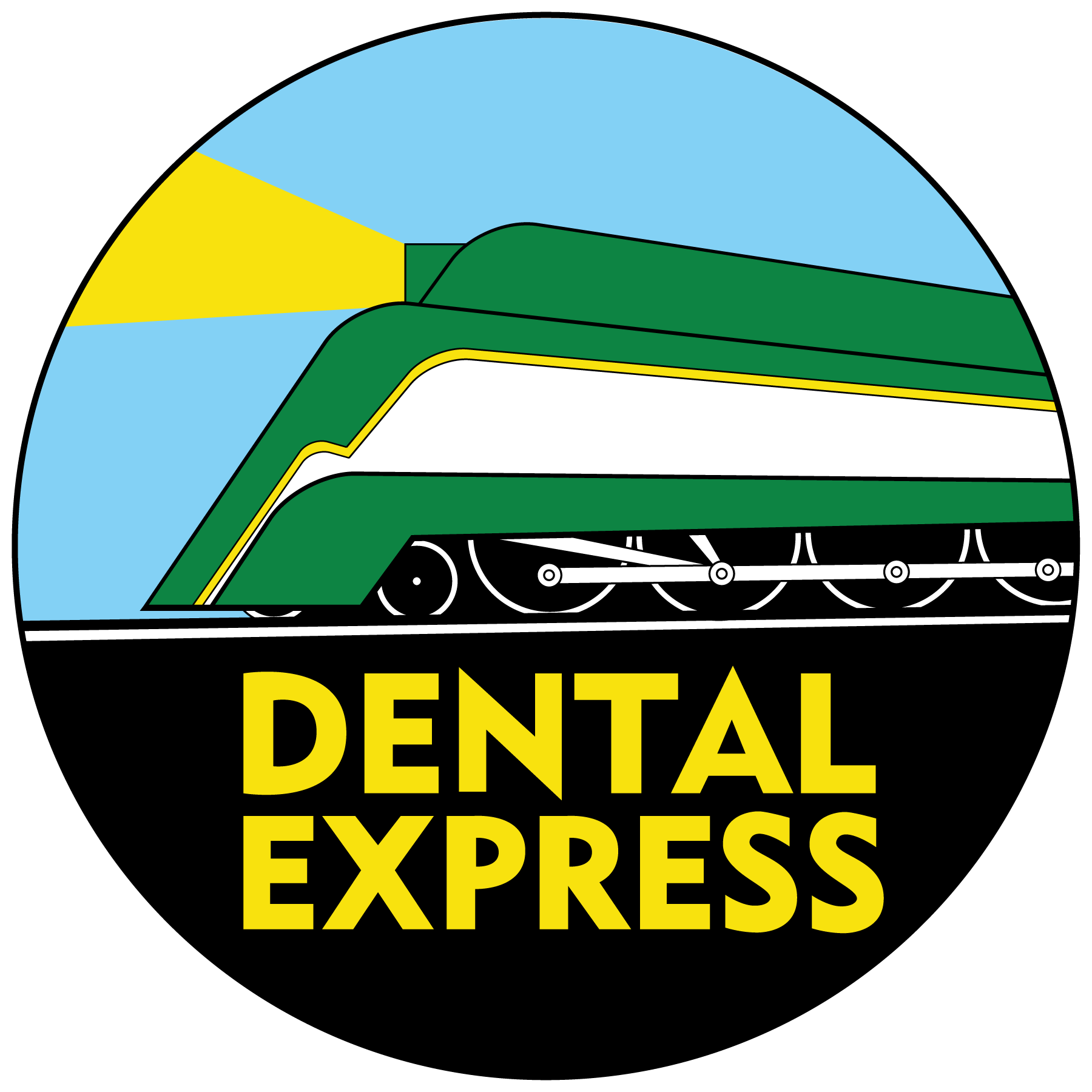Learn what constitutes a dental emergency and where to seek emergency dental care in the San Diego area.
Emergency dental care usually happen when you least expect them
Whether you bit down on something hard and lost one of your fillings or tooth chipping while headbanging to Taylor Swift (yes, we’ve actually had this happen), seeking dental care after an emergency is crucial to protect your dental health.
But what constitutes a dental emergency? Should you see an emergency dentist in San Diego for a small crack or chip in your tooth?
If you’re unsure of what qualifies as a dental emergency, then this article is for you.
We’ll be outlining seven situations that require emergency dental care and how to choose the San Diego emergency dentist that’s right for you.
Let’s get started.
1. Fractured or Lost Tooth
This one might seem obvious, but you’d be surprised. People chip their teeth all the time without seeking emergency dental care.
Even if the chipped tooth isn’t causing any pain, it’s best to get it looked at by an emergency dentist near you. It may not look like it on the surface, but a chip or crack can cause unseen damage, affecting the integrity of your tooth.
If one of your teeth falls out or gets knocked out somehow, seek emergency dental care immediately. Also known as an avulsed tooth, a lost tooth can lead to several dental issues down the road.
Aside from the cosmetic drawbacks, a missing tooth can lead to problems speaking or chewing, depending on its location. Not only that, but the extra space in your mouth can cause the remaining teeth to shift, creating hard-to-reach areas in your mouth. Hard-to-reach areas make room for cavity-causing bacteria to take hold, possibly leading to tooth decay and even bone loss.
According to the ADA, a missing tooth can also affect your biting force. With one less tooth to chew up food, the mouth places extra responsibility on the remaining teeth, putting more stress on them and your jawbone.
But there’s another, more pressing reason to seek emergency dental care right away after losing a tooth. Believe it or not, if one of your teeth gets knocked out, all is not lost!
If you’re able to find the tooth and take action quickly enough, there’s a chance you can salvage it. Once you find it, follow these steps and, if possible, visit a San Diego emergency dentist within thirty minutes to an hour.
What to do if you lose a tooth!
- Pick your tooth up by the chewing side, not the root
- If necessary, rinse your tooth off with water to remove any dirt (do NOT wash with soap)
- Try reinserting your tooth back into place and holding it there until you get to the dentist
- If step three is impossible, place the tooth in a glass of milk and bring it to an emergency dentist near you immediately.
2. Missing Filling or Crown
Fillings and Dental crowns do an excellent job of reinforcing your teeth against decay. But none of them last forever.
Constant pressure from chewing, grinding, and bacteria working its way underneath the restorations can wear them down to the point of failure.
Fillings and crowns are put in place to protect the deeper layers of your teeth. When your tooth’s inner layer is exposed, it’s vulnerable to further decay and even tooth loss. Not to mention incredibly painful.
If your filling or crown falls out, don’t panic. See an emergency dentist near you to preserve your dental health.
3. Bleeding Gums
Bleeding gums are another warning sign that requires emergency dental care. You might be brushing or flossing too vigorously, which is a common cause. But in some cases, bleeding gums can be a sign of a much larger issue like gingivitis.
If caught early, gingivitis can be treated and reversed. That’s why it’s crucial to schedule an appointment with a San Diego emergency dentist as soon as you notice the problem.
4. Nerve Pain
When you experience nerve pain, you won’t need anyone to tell you to schedule an emergency appointment. Even the act of breathing can be painful if the nerves in your teeth become exposed.
This painful dental problem can be caused by cavities, receding gums, cracked teeth, tobacco use , bruxism (grinding teeth), and poor dental hygiene.
As with bleeding gums, brushing and flossing too hard can lead to exposed nerves. The constant irritation can cause your gums to recede, revealing the sensitive parts of your teeth.
So, while the solution might be as simple as brushing more gently, it’s vital to see an emergency dentist near you straight away to get to the heart of the issue.
If the nerve pain is due to something minor, getting cleared by a dental professional will give you peace of mind. If it’s something more severe, catching it as soon as possible gives you and your dentist the chance to tackle the issue before it worsens.
5. Tooth Infection
Also known as an abscessed tooth, a tooth infection is another case where you won’t need any encouragement to seek emergency dental care.
If you’ve ever accidentally pulled too much skin from the side of your fingernail and gotten an infection, you know what an abscess is. It’s that little pus pocket that forms when there’s no more skin to protect your fingernail’s inner layers from outside bacteria.
Unfortunately, the same thing can happen to your teeth. See, your teeth have a soft inner layer called the pulp, which houses all their nerves, blood vessels, and connective tissue.
When tooth decay, periodontitis, or a cracked tooth give harmful bacteria access to the pulp, it can cause an infection at the root of your tooth. The pus pocket that forms at the root creates an abscess that can lead to all sorts of uncomfortable symptoms:
- Pain
- Red or swollen gums
- A bad taste in the mouth
- And even fever
If left untreated, an abscessed tooth can result in a severe infection in the mouth and jaw bone. As soon as you notice any of the above symptoms, pay a visit to a San Diego emergency dentist.
They may prescribe you antibiotics to fight the infection or recommend a root canal treatment depending on the severity of the issue.
6. Toothache
This one seems like another no-brainer, but again, you’d be surprised by how many people avoid seeking treatment for toothaches. Typically, by the time y ou feel that sharp pain, your dental problem is beyond a cavity and affecting the nerve. You may need more than a routine filling.
Unfortunately, people often fear what and how expensive the issue might be, so they avoid getting the care they need.
But the longer you wait, the more nasty and pricey dental problems become. If you develop a toothache, see an emergency dentist near you right away.
7. Swollen Jaw or Neck
Our final red flag to look out for is swelling in your jaw or neck. Erupting wisdom teeth, abscessed teeth, gingivitis, periodontal disease, and mouth sores can all cause swelling in your mouth or jawbone.
As with a chipped tooth, even if there’s no pain to accompany the swelling, it’s better to be safe than sorry. Visit an emergency dentist in San Diego to diagnose and treat the issue, and keep your mouth healthy.
San Diego’s Best Emergency Dentist
When you’re looking for an emergency dentist, you need a practice you can rely on. Availability, versatility, and YOU-focused care are a must.
At Dental Express, we pride ourselves on being the best emergency dentist in the San Diego area. We’re open six days a week, always accept walk-ins, and offer emergency dental services at each of our six locations.
When you have a dental emergency, the last thing you want to worry about is whether your dentist will take care of you. With us, you and your family can rest assured that no matter what happens, we’ll always be available to protect and care for your smiles.
Keep Reading
Is a Cracked Tooth Considered an Emergency?
What Do I Do if My Crown Comes Off?
Do You Go to the Dentist or ER for a Dental Emergency?
Five Reasons Why Regular Dental Exams Are Important

